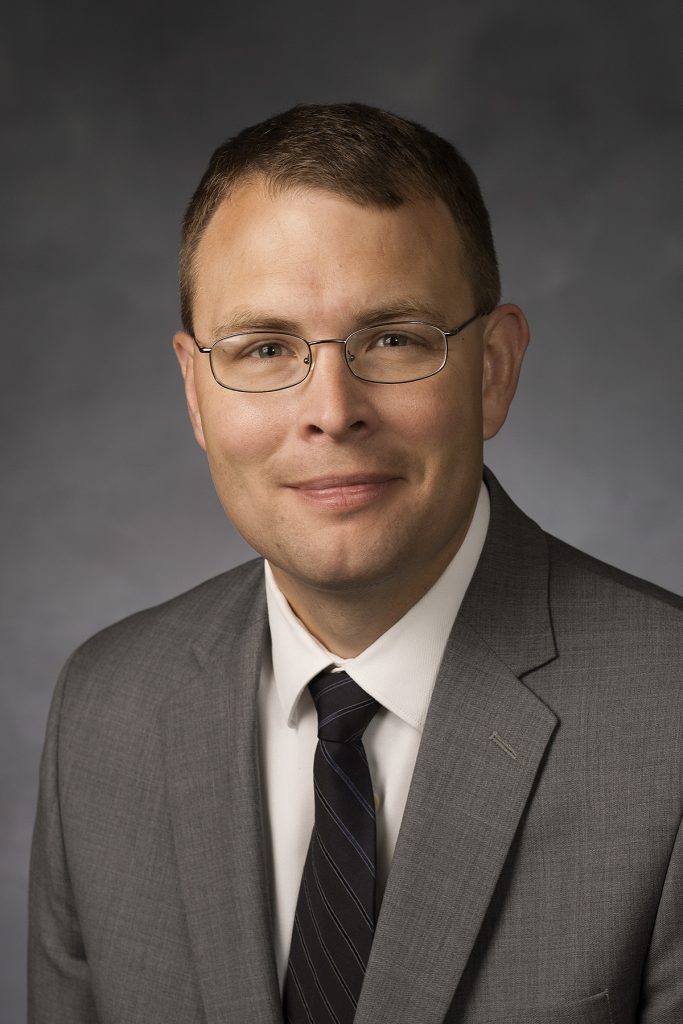
Imagine working in an academic discipline filled with world-class researchers and then being singled out as one of the best. BYU civil and environmental engineering assistant professor Michael A. Scott knows how that feels.
Scott was recently named a “highly cited researcher” by Thomson Reuters. This distinction sets Scott and other recipients apart as “some of the world’s most scientific minds.” Scott is the third BYU professor to ever achieve the distinction, after a life sciences professor in 2010 and a computer science professor in 2015.
In order to be eligible, the researcher must have multiple papers ranking in the top percent of the most cited articles in his or her field over the previous 10 years.
Scott had 13 of his papers cited more than 100 times, including five papers cited more than 200 times; he achieved this recognition in his fourth year as an assistant professor.
His research provides a new foundation to the engineering design and development process across a number of application areas such as the aerospace, automotive, marine and biomedical fields.
Scott’s research focuses on structural engineering, computer graphics and numerical analysis. He can use Google Scholar to watch a live feed of his work being cited, which lets him always know what is going on with his research.
Scott took an interesting road to get to his current field.
“I grew up on a cattle farm in Northern California, neither of my parents had been to college and I underwent a transformation after my mission,” Scott said. “I went from construction management to civil engineering and graduate school in applied math.”
His interests evolved and became sharper. Scott said he has always gravitated toward challenging problems.

Scott said the research paper that first propelled his career forward brought together work he had been doing at BYU and work in graduate school in Texas. It created a brand new field of study, and the paper currently has more than 600 citations.
BYU engineering junior Lance Hyatt, from Wisconsin, said he looks up to Scott and hopes to follow in his footsteps.
“The new field of research professor Scott has opened is incredible,” Hyatt said. “He is a great professor and I hope to follow in his footsteps.”
Scott said there’s a simple secret to his success in the academic world.
“It was a combination of luck and outstanding mentors,” Scott said. “They were world-class people in their field. I’m a pretty average guy, and I’ve been fortunate to work with great colleagues and students. BYU has been a great environment.”
Michael Jensen is dean of the Ira A. Fulton College of Engineering and Technology and said Scott deserves the distinction.
“Given how Dr. Scott has involved students in his research, this recognition shows that his efforts are exemplary in accomplishing these objectives,” Jensen said. “We are pleased to have him on our faculty.”
Scott had advice for students hoping to follow in his footsteps and career path. He encouraged students who were taking a safer route with classes to take more challenging classes.
“Seek for classes that push you,” Scott said. “Success comes from failure. Success comes because you put yourself in a position that pushes you enough to fail, and you’ve chosen to overcome it.”




